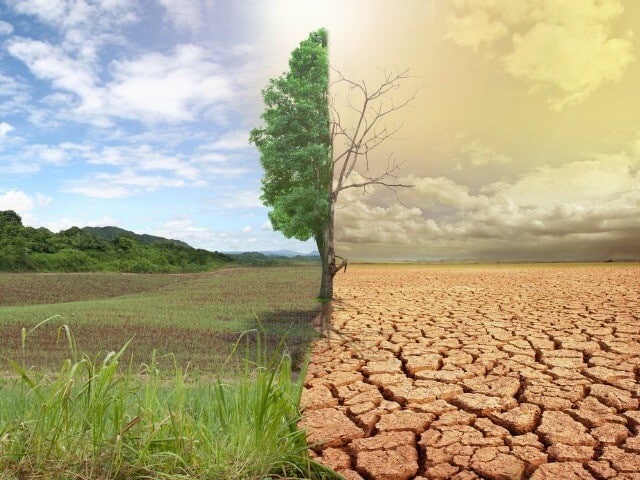The issue of climate change has been a topic of intense debate and concern worldwide. At the heart of this global crisis lies the profound impact of global warming, a phenomenon that is irrevocably shaping the future of our planet. As the Earth’s temperature continues to rise at an alarming rate, the consequences of this human-induced environmental crisis are becoming increasingly evident and far-reaching.

The driving force behind climate change is the accumulation of greenhouse gases, such as carbon dioxide, methane, and nitrous oxide, in the Earth’s atmosphere. These gases, primarily released through the burning of fossil fuels, trap heat within the planet’s atmosphere, causing the overall global temperature to rise. This phenomenon, known as the greenhouse effect, is the primary culprit behind the drastic changes we are witnessing in our climate.
One of the most tangible effects of global warming is the rise in global temperatures. According to scientific data, the Earth’s average surface temperature has increased by approximately 1.1°C (2°F) since the late 19th century. This may seem like a small change, but it has already had a profound impact on the planet’s delicate ecosystems and weather patterns.
As temperatures continue to rise, we are witnessing more frequent and intense extreme weather events, such as heatwaves, droughts, wildfires, and flooding. These climate-related disasters not only threaten human lives and livelihoods but also have a devastating impact on biodiversity, agricultural productivity, and the overall habitability of certain regions.

The melting of glaciers and polar ice caps is another tangible effect of global warming. As the Earth’s temperature rises, these massive ice formations are rapidly shrinking, leading to a rise in sea levels. This poses a significant threat to coastal communities and island nations, which are increasingly vulnerable to flooding and erosion. The loss of these ice sheets also has a cascading effect on marine ecosystems, disrupting the delicate balance upon which countless species depend.
The impact of global warming on precipitation patterns is also a cause for concern. In some regions, we are witnessing an increase in rainfall and more frequent and intense storms, while other areas are experiencing prolonged droughts and water scarcity. These shifts in precipitation patterns can have devastating consequences for agriculture, water resources, and human health, leading to food insecurity, water shortages, and the spread of vector-borne diseases.
Moreover, the effects of global warming are not limited to the physical environment; they also have significant social, economic, and political implications. Climate-related disasters can displace millions of people, leading to mass migrations and geopolitical tensions. The economic burden of adapting to and mitigating the effects of climate change is also substantial, with governments and industries scrambling to develop sustainable solutions and protect their communities.
Despite the daunting challenges posed by global warming, there is still hope. The international community has recognized the urgency of addressing climate change, and numerous initiatives and agreements, such as the Paris Agreement, have been established to reduce greenhouse gas emissions and promote sustainable development. However, the success of these efforts relies on the collective action of governments, businesses, and individuals alike.

As individuals, we can make a difference by adopting more environmentally conscious practices, such as reducing our carbon footprint, supporting renewable energy sources, and advocating for climate-friendly policies. By taking these steps, we can contribute to the global effort to mitigate the effects of global warming and build a more sustainable future for generations to come.
In conclusion, the link between global warming and climate change is undeniable. The consequences of this environmental crisis are already being felt around the world, and the need for immediate and concerted action has never been more pressing. By understanding the gravity of the situation and working together to find solutions, we can strive to protect our planet and ensure a better future for all.




